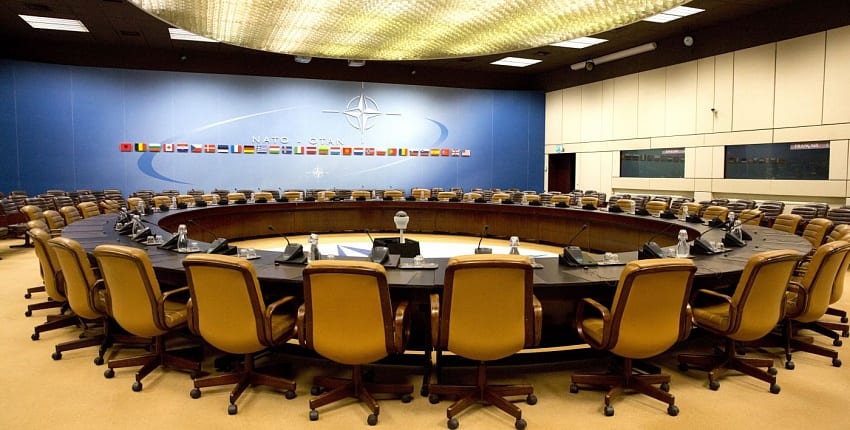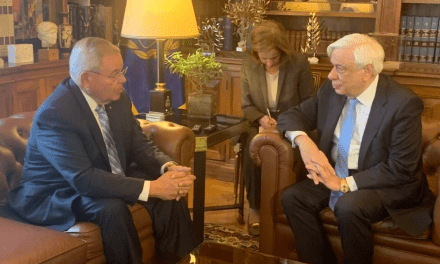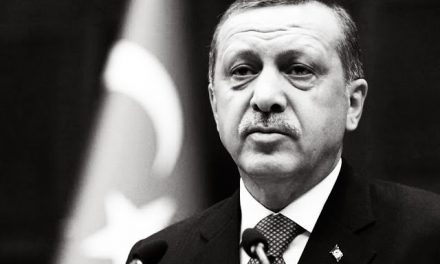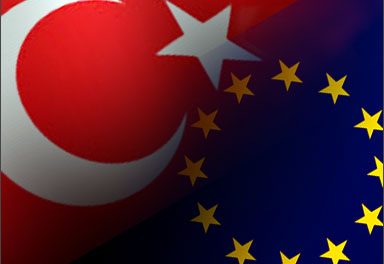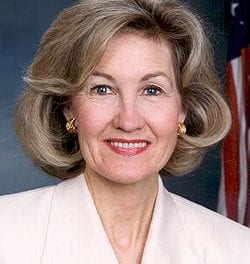By Sergey Samuilov, Valdai Club
In the conditions of the unleashed US trade war with the EU, Europeans are most afraid of the impulsiveness and unpredictability of Donald Trump, which may manifest during his summit with Vladimir Putin, especially if he would not be satisfied with the results of the NATO summit.
At the forthcoming NATO summit, three main problems are on the agenda:
· strengthening the presence of the alliance in Eastern Europe (former socialist countries and the Baltic republics);
· increasing the alliance financing by the Europeans;
· strengthening the NATO presence (more accurately, of the Europeans) in Afghanistan.
The skeptical approach of Trump toward NATO is well-known, it is purely business-like – if you want the US to provide your security within the bloc, please pay 2% of your GDP, as it should be. The Europeans do not want to do this, they are accustomed to parasitism at the expense of the United States. It seems that Trump does not need to strengthen the military presence of Americans in Eastern Europe. There are new additional costs and complications in the implementation of attempts to “deal with Russia.” He will most likely put pressure on the “old NATO members” – the Europeans and Canada – to step up in this direction. In this business the main thing for him is to appease the Republican “hawks” in Congress – say, I am increasing the security guarantees to the East Europeans, and you will support me on other important problems.
In Afghanistan the Americans are fighting the eighteenth year. This is the longest war in the history of the United States, but things are right where they started. Obama wanted to withdraw the American troops and finish the war. The Pentagon did not allow this. The American generals even insisted to increase the number of American troops by 3 thousand service men. The generals understand that if the US withdraws from Afghanistan, the fragile pro-American regime will collapse and the Taliban will again seize power, and maybe ISIS will also increase its influence. At the NATO summit Trump will demand that the European members once again increase their presence in Afghanistan in order to share the costs burden. The approach is the same as with regard to military spending increase.
If Trump does not get concessions from the Europeans at the NATO summit, then he can show his impulsiveness – if so, then I’ll agree with Putin about something that you Europeans do not like. But it seems that the fears of Europeans are greatly exaggerated. First, the Congress keeps under strong control the US foreign policy mechanism and will not allow Trump to cause a serious damage to NATO.
Second, although the House Intelligence Committee in March 2018 completed its investigations and announced that there was no “collusion” between Trump’s team and the Kremlin in 2016, stubborn and clearly dishonorable special prosecutor Robert Mueller continues his investigation, acting in the interests of the Democratic Party and the FBI. He and his team are trying to inflict maximum political damage to Trump and his team, trying to gather evidence that Trump was committed to “obstruction of justice” in the 2016 election campaign. “Traces” were not found, but to justify “obstruction” is quite possible. And this is a way to impeachment, if Mueller decides to transfer this case to Congress. Of course, there will be no impeachment, since the Republicans, convinced of the “collusion” absence, strongly support their president.
But in such a hypothetical situation it is quite possible, that there will be an unprecedented political fight in the Congress between the Republicans, who have a majority in both houses, and Democrats. In such a situation the matter is not what the agreements can be reached with Putin and how they can be realized. They will be “drowned” in intra-American conflicts and squabbling. Americans periodically sacrifice important foreign policy problems in the name of internal conflicts, and this is also one of the distinctive features of the US foreign policy process.

